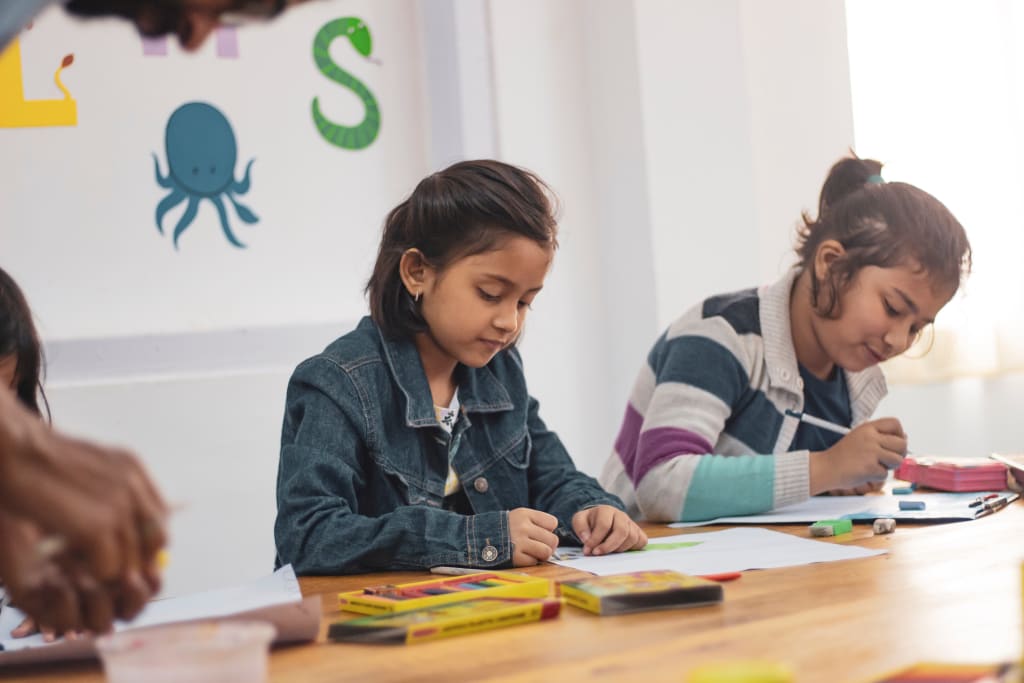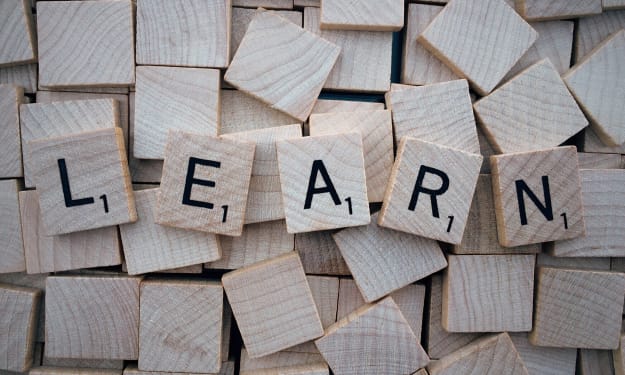Tips for Teachers During the Holidays
Holidays should be a little extra special.

The hustle and bustle of the holidays often makes it difficult for even the most studious children to focus on their schoolwork. Even the best educators experience challenges in maintaining their classroom's energy during the holiday season. Here a few tips for teachers that can help them (and their students) survive the holiday season.
Tips for Teachers During the Holidays
The hustle and bustle of the holidays often makes it difficult for even the most studious children to focus on their schoolwork. Even the best educators experience challenges in maintaining their classroom's energy during the holiday season. Here are a few tips for teachers that can help them (and their students) survive the holiday season.
Using Reinforcement as a Tool.
Many parents and educators, alike, view this approach with caution. All too often, positive reinforcement can evolve into bribery for children to act appropriately. However, when used consistently extrinsic motivation can prove to be a useful tool. Positive reinforcement becomes internalized within a student's mindset, which can lead to predictable behavior, and increased focus on outcomes.
Rewarding Effort vs Outcome
Classroom rewards offer educators a chance to teach students above goal-setting and perseverance. Yet, goals must first be attainable in order to initiate intended behaviors. Consider rewarding students by measuring effort, regardless of the outcome. This allows all students to work effectively towards goals, without becoming discouraged if they are just too far out of reach.
Get Parents Involved.
Achieving excellence in the classroom intensely relies on creating a united front comprised of both school and home life. Relay your concerns and struggles as an educator during the holiday season to parents. More often than not, they are the first individuals to jump in, and offer a helping hand. Whether it is encouraging their students from home, or sending in supplies for special projects, involved parents are a teacher's greatest resource.
Plan for a Few "Fun" Days.
During the holidays it is easy for educators, parents and students alike to feel overwhelmed. Incorporate a few "fun" days with activities that don't require intense thought or interaction. Sometimes we all need a little down time. These lessons can be incorporated into current plans, or they can be sporadic for those days when students need a little extra TLC. Learning doesn't always have to be intensely regulated in order to be effective. These "fun" days can show students that education can be both exciting and effective.
Involve the Holiday Season in Your Lesson Plans.
When holiday festivities become too distracting, simply incorporate them into your lesson plans. For example, utilize an artificial Christmas tree by allowing students to identify ornament shapes as they decorate. Or have students help count down to a specific holiday, presenting an interesting fact about the holiday on each date. According to Education.gov, student engagement is a key concept for improved performance. By focusing on the exact thing that they are constantly thinking about, students are better able to regulate their thoughts, and emotions during these often-chaotic times.
Offer Greater Periods of Unstructured Play.
By allowing students to burn off pent up energy, while simultaneously enhancing problem-solving skills, and creativity, unstructured play is the perfect solution for keeping kids focused during the holiday season. This method of learning has been gaining in popularity, due the cognitive benefits that it offers. Children are able to draw conclusions from their environment, while gaining confidence in their abilities through unstructured play.
In Conclusion...
Creating a fun space for children to explore and learn is the basis of every educator's long-term goal. Holidays present the perfect time for teachers to use unique methods to enhance focus, and incorporate traditions into classroom learning. There are some lessons that children simply do not forget. Help your students to remember their time in your classroom as one of unprecedented learning and exploration. After all, our future depends on the little minds that you, as an educator, foster on a daily basis.
Many parents and educators, alike, view this approach with caution. All too often, positive reinforcement can evolve into bribery for children to act appropriately. However, when used consistently, extrinsic motivation can prove to be a useful tool. Positive reinforcement becomes internalized within a student's mindset, which can lead to predictable behavior, and increased focus on outcomes.






Comments
There are no comments for this story
Be the first to respond and start the conversation.